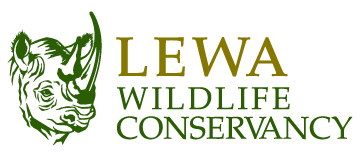With inaccessibility to technology and/or lack of soft digital skills amongst the youth, populations are hard-pressed to meet the emerging challenges of the 21st century. The Lewa digital literacy programme is specifically designed and geared towards building the technological and digital capacity of students and teachers within Lewa-supported schools. Its main mandate focuses on improved learning outcomes whilst enhancing the understanding and importance of conservation in Northern Kenya.
The Digital Literacy Programme harnesses individual learning potential and allows young people to flourish in enhanced schooling environments. It enables a more tailored approach to education, which in turn, increases overall learners performance. This is an integral platform in increasing the viability, employability and knowledge access for the marginalised communities in and around Lewa’s area of operations.
The Opportunity
Lewa Digital Literacy is a technology capacity-building programme whose mandate is to improve learning outcomes while promoting conservation in Northern Kenya. The programme design centres around a holistic approach with a concentration on the integration of technology into the standard Kenyan curriculum, the augmentation of instructor knowledge and skill and the provision of a solid foundation for enhanced classroom learning.
We have made significant strides in enhancing digital literacy levels and integrating ICT into the curriculum across 27 supported schools, aligning with Lewa’s objective of fostering a conducive learning environment and contributing to SDG 17.
This initiative, coupled with the distribution of 358 tablets and 12 interactive smart boards, among other education technology devices, empowered learners to delve deeper into their academic pursuits and explore new information.
ICT integration, coupled with the Mobile Library, has demonstrably improved learners’ literacy, comprehension, retention, and overall performance. Digitised evaluations have also enhanced the teachers’ efficiency in completing the grading process. Additionally, it is reported that learners have developed a more positive attitude towards learning.



